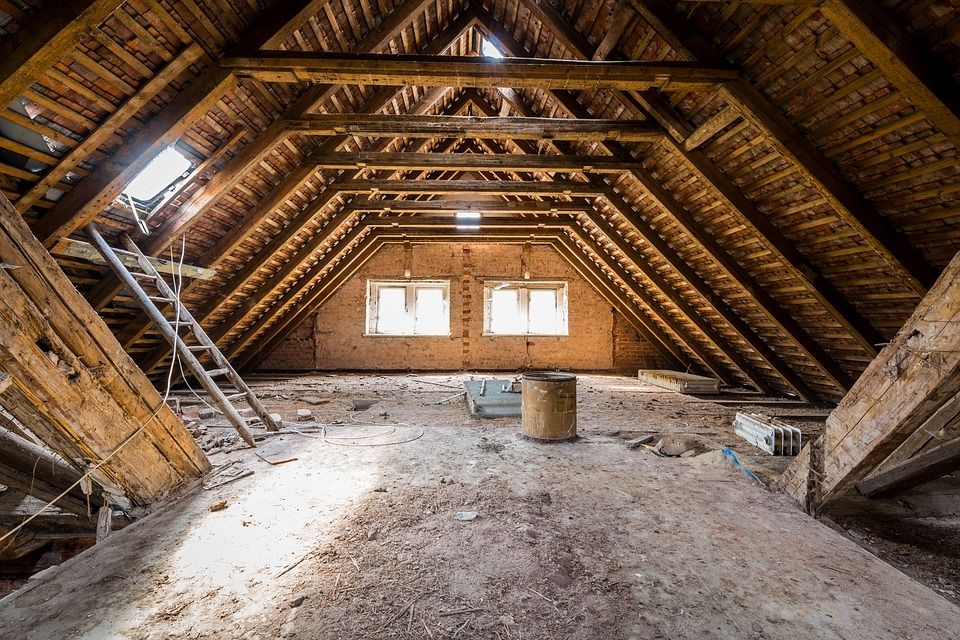Over the past five years, Copenhagen Municipality has green-lighted an increased number of applications for the construction of homes in attics.
Last year, 106 applications were approved by the municipality – a considerable rise from the 84 permitted five years ago.
“It’s a really good way to get more housing. We utilise the square metres we already have instead of building in green areas or building vertically,” Ninna Hedeager Olsen, the deputy mayor for technical and environmental issues in Copenhagen, told DR Nyheder.
Back in the day in the Danish capital, people used their attic as a space for drying. They didn’t live there because it couldn’t be isolated properly.
3 million cars
Also on the rise is the number of cars on the roads. According to new statistics from the car advocacy organisation FM, there were 3,002,889 zooming about the Danish roads and motorways on March 31 – a record figure.
The most popular brand of car in Denmark is Volkswagen, which has 365,000 models rolling around nationwide.
Still, compared to other European countries, the number of cars in Denmark is relatively low.
According to Eurostat, there are 420 private cars per 1,000 Danes. Only six EU countries, all of which are in eastern Europe, which have a lower person-to-car ratio.















